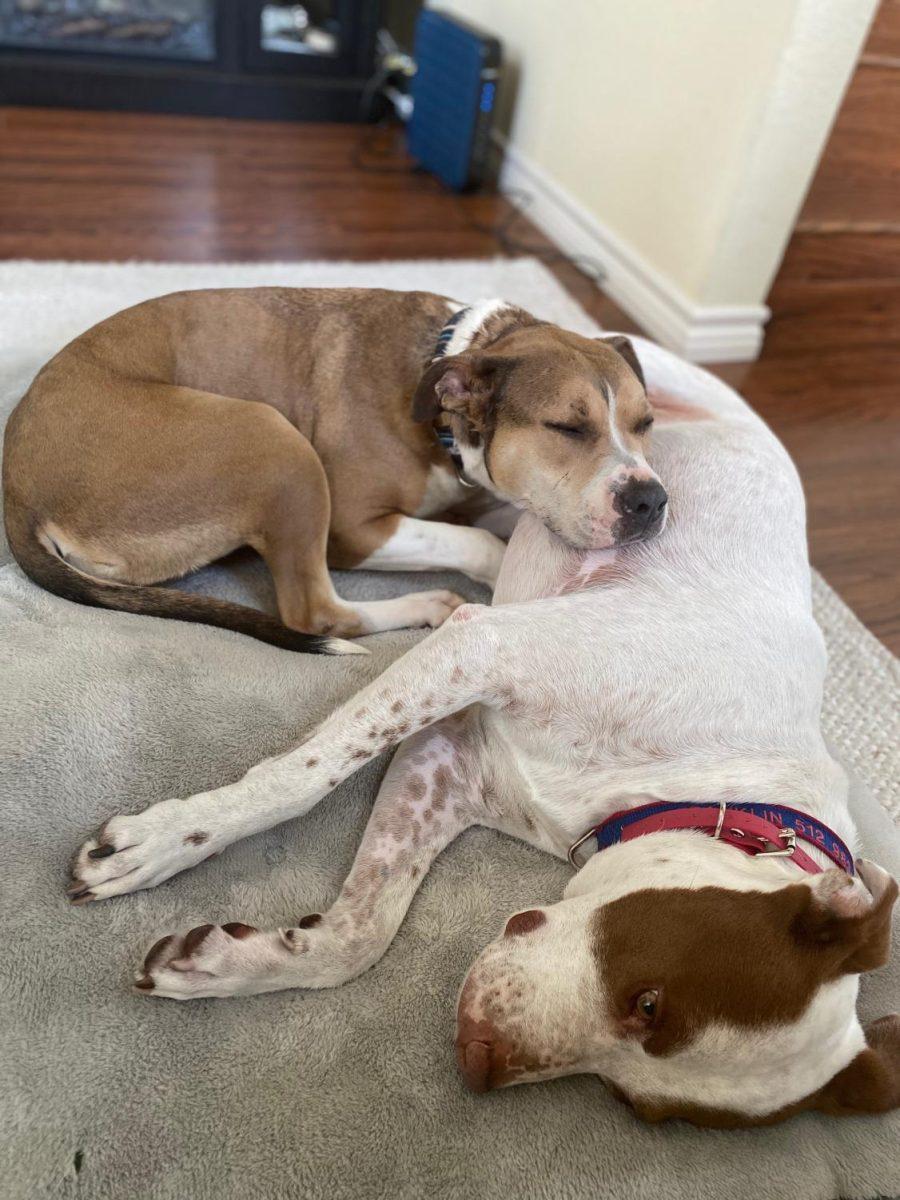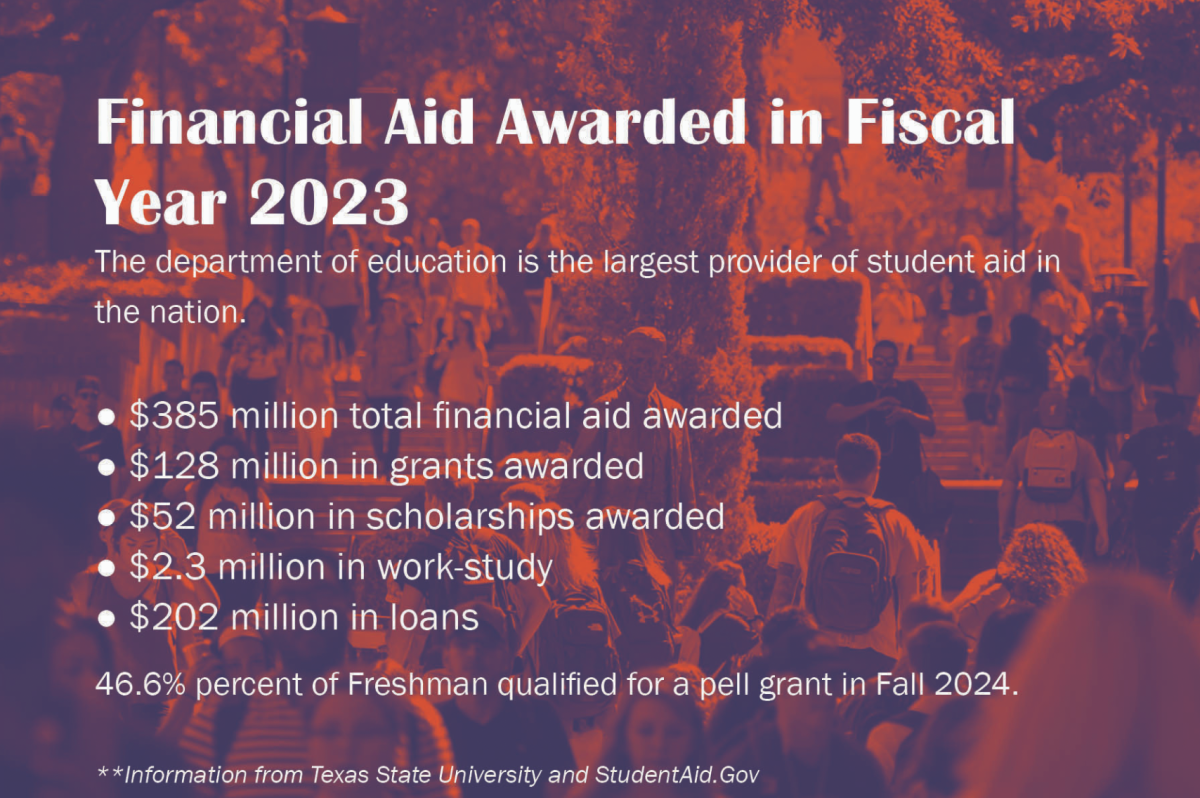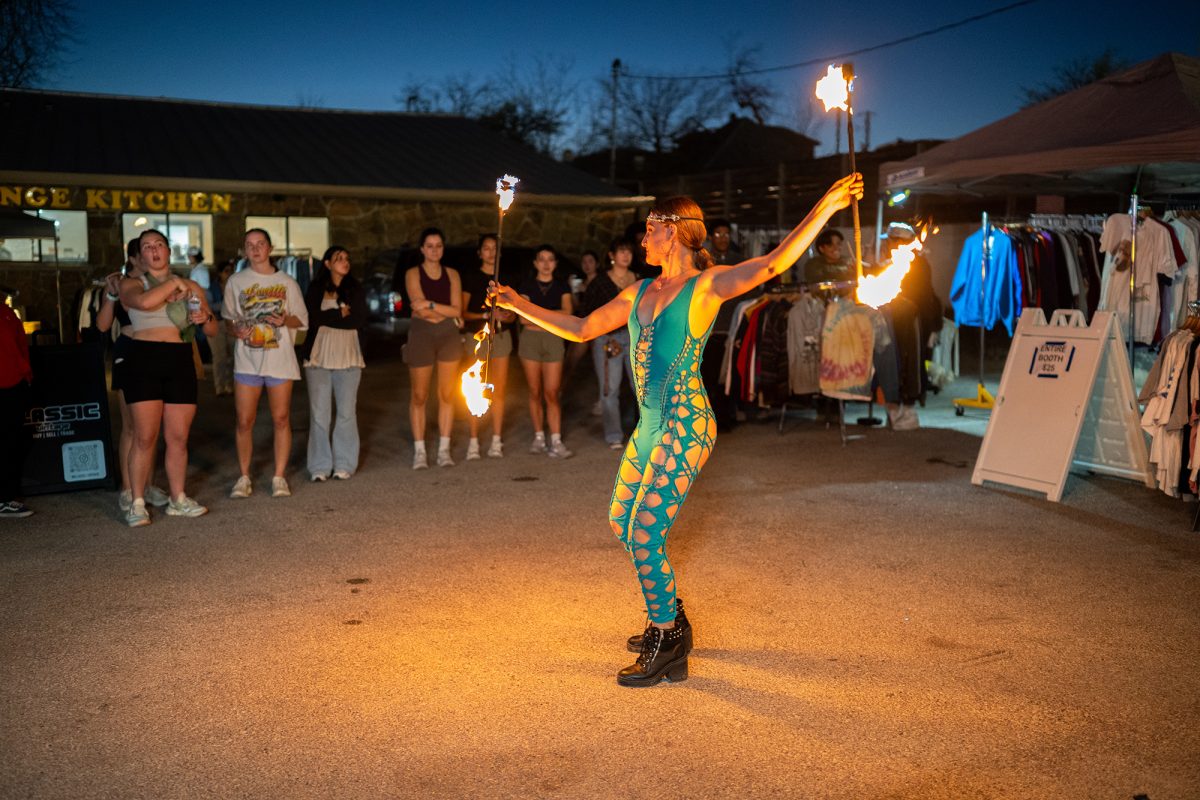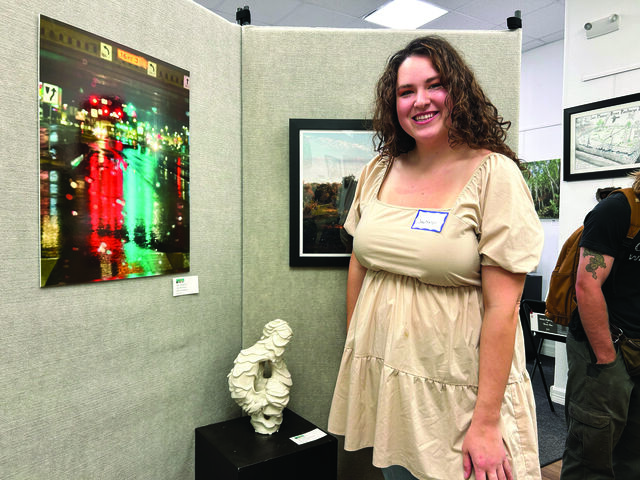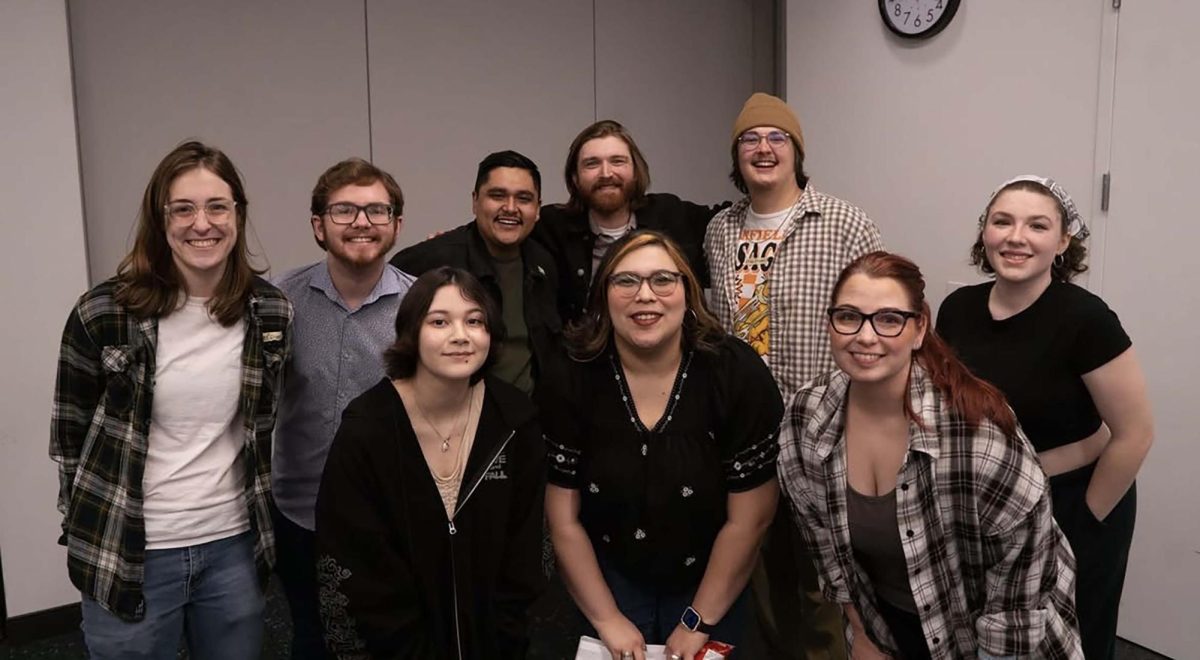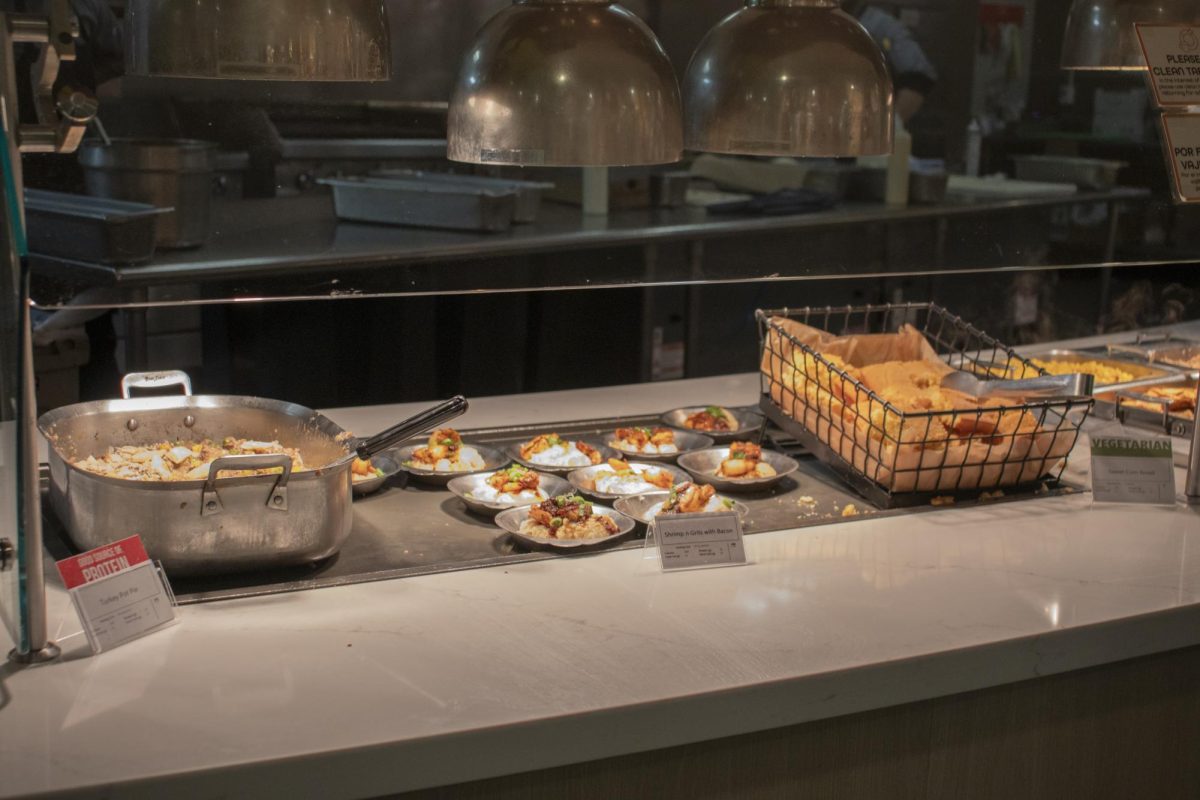Puppies, kittens, dogs and cats are feeling the love as the local community steps in to foster and adopt animals in response to the public closure of San Marcos Regional Animal Shelter due to the coronavirus (COVID-19) outbreak.
Once the shelter closed due to COVID-19, the demand for shelter space increased as adoption and foster rates declined. The shelter took their crisis online and asked for the public’s assistance via social media and on the City of San Marcos’ website.
Jeanne Saadi, animal services manager, said the community’s response to the shelter’s need for adoption and foster has been fantastic. She said the shelter continues to receive requests from individuals interested in adopting or fostering an animal.
“We now have more open kennels in the shelter than we have occupied kennels,” Saadi said. “I think this is the first time in history that that has ever happened.”
In total, Saadi said the shelter can hold up to 54 cat and 75 dog kennels. There are currently 30 dogs and 35 cats available for adoption or foster as of Monday, March 30. Saadi said the shelter is expecting an increase in kittens as there are multiple pregnant cats at the shelter.
The shelter was already at full capacity when the COVID-19 outbreak began. The shelter responded to the overflow by pausing the intake of stray animals. Saadi said the shelter is only taking in loose animals with aggressive behavior.
In order to practice social distancing, pet adoptions are being conducted virtually. Saadi said the shelter sends those interested in adopting pictures and videos of animals they think would be a good fit for the individual. All adoption fees are currently pay-what-you-want. Once the paperwork is finalized, a staff member will deliver the animal to the adopter. Animals available for adoption and adoption applications can be found on the shelter’s website.
Foster applications are also conducted virtually. Saadi said those interested in fostering need to submit an online application as well as email foster@sanmarcostx.gov to notify the shelter that their application was submitted. In their email to the shelter, individuals should include an explanation of what kind of pet they are interested in fostering.
Once the fostering application is processed, staff members will contact the individual and set up an in-person appointment to match them with an animal. For fostered animals, Saadi said the shelter provides all veterinary care and can provide food, crates and bowls if needed.
“You can foster to adopt too, so if you’re just not sure you can start off by fostering on a trial run, see how it goes and then we can finalize the adoption through the computer and over the phone,” Saadi said.
All fostered pets are required to live with their foster for a minimum of five days. Saadi said the typical foster period can last two weeks or more. However, during this time with the shelter not being as active with in-person adoption events, Saadi said the shelter is trying to keep as many animals in foster care as possible.
“I think at least 25% of the ones we placed in foster care will end up being permanent adoption,” Saadi said. “I’m hoping it will be a little bit more and I’m hoping that the rest of the fosters will decide to keep fostering over and over again for us.”
With many people working from home due to the COVID-19 outbreak, Saadi said it is now a great time for individuals interesting in fostering to try it out. Once life returns to normal, Saadi said she hopes those fostering will realize taking care of an animal is not as time consuming as they might have thought.
Christina Manley, foster dog parent, said she and her husband have been wanting to foster a dog for a while but were hesitant due to time constraints. Now that the couple is working from home, Manley said she and her husband figured it would be the perfect time to foster a dog and give the pet all of the love and attention it deserves.
Manley and her husband are fostering a 46-pound beagle terrier pitbull mix named Ella. They have been fostering Ella since March 27. When applying to be a foster, Manley said she wanted to make sure their foster dog would be friendly toward their resident dog Franklin. She said the shelter referred them to Ella because of her experience living with a kennel mate.
“They get along unbelievably well,” Manley said. “It’s just both their temperaments. He is a really chill go-with-the flow dog, if you’re cool with him then he’s cool with you, and she’s definitely the same way.”
Manley said she is glad to be able to help the shelter during this time. She said by fostering Ella she hopes she will alleviate the shelter’s employees’ stress.
“By taking a dog in, you give the employees a break and a chance to stay at home during this time,” Manley said. “The less dogs they have to take care of right now, the better.”
In addition to first-time fosters, the shelter has relied on the support of continuing fosters. Debbie Randall has fostered 15 dogs from the shelter. She is currently fostering two dogs from the shelter: a chihuahua named Frida and a terrier mix named Frito.
She has been fostering Frida since December 2019 and began fostering Frito last week.
Randall said she loves fostering dogs because she values being able to save a dog’s life as well as help the local shelter. She said she has been fostering dogs for 25 years and has fostered over 100 dogs from various shelters.
“It helps (the animals) get out of the environment and gets them to a quieter place where they feel more secure,” Randall said. “It just helps them feel safe.”
In addition to Frida and Frito, Randall has 10 rescue dogs of her own. She said her dogs sometimes take time getting used to a new foster dog, but within a few days, all of the dogs are running around and playing with each other.
“They’re a really good group with the other dogs,” Randall said. “They teach them how to play and how to live in a house. They really help build confidence in playing and feeling safe.”
When it comes to fostering an animal, Randall said patience is key. She said a lot of times the animal’s past situation is unknown and it can take time for them to learn how to live in a secure environment.
“A dog could’ve been a stray, abused or surrendered, and it takes time for the dog to learn what you expect from them,” Randall said. “They’re going to make mistakes, you just have to work with them and have compassion and a passion to teach them.”
Those unable to adopt or foster an animal at this time can share their support by donating cat and dog food to the shelter or by donating to Mutt Strutt, the shelter’s non-profit partner.
More information on animal adoption and foster can be found on San Marcos Regional Animal Shelter’s website or Facebook page.
Categories:
Local animal shelter leans on community support during COVID-19 closure
April 6, 2020
San Marcos Regional Animal Shelter foster dog Ella cuddling alongside Christina Manley’s resident dog Franklin inside Manley’s home. Manley has been fostering Ella since Friday, March 27 and said Ella and Franklin get along well. Photo credit: Photo courtesy of Christina Manley
0
Donate to The University Star
Your donation will support the student journalists of Texas State University. Your contribution will allow us to purchase equipment and cover our annual website hosting costs.
More to Discover



